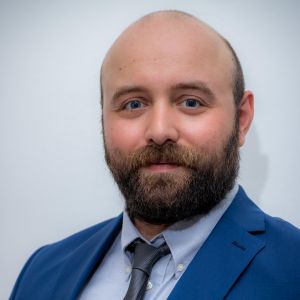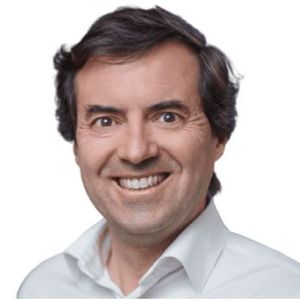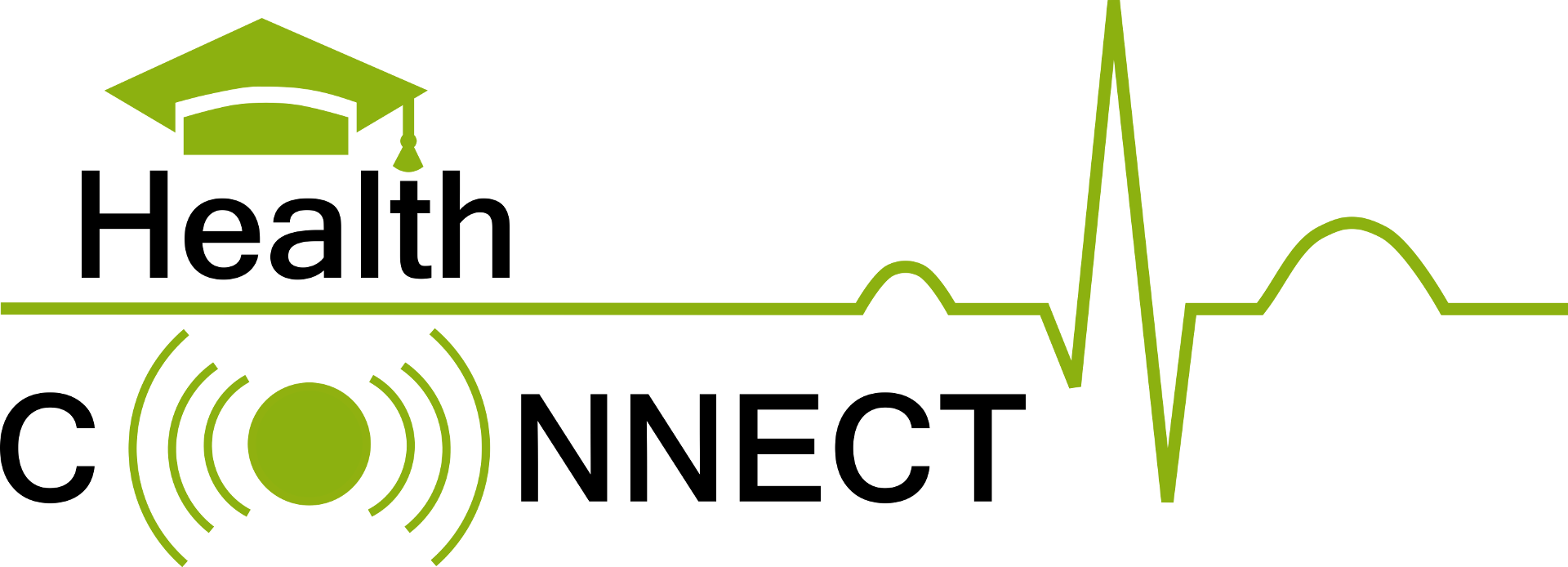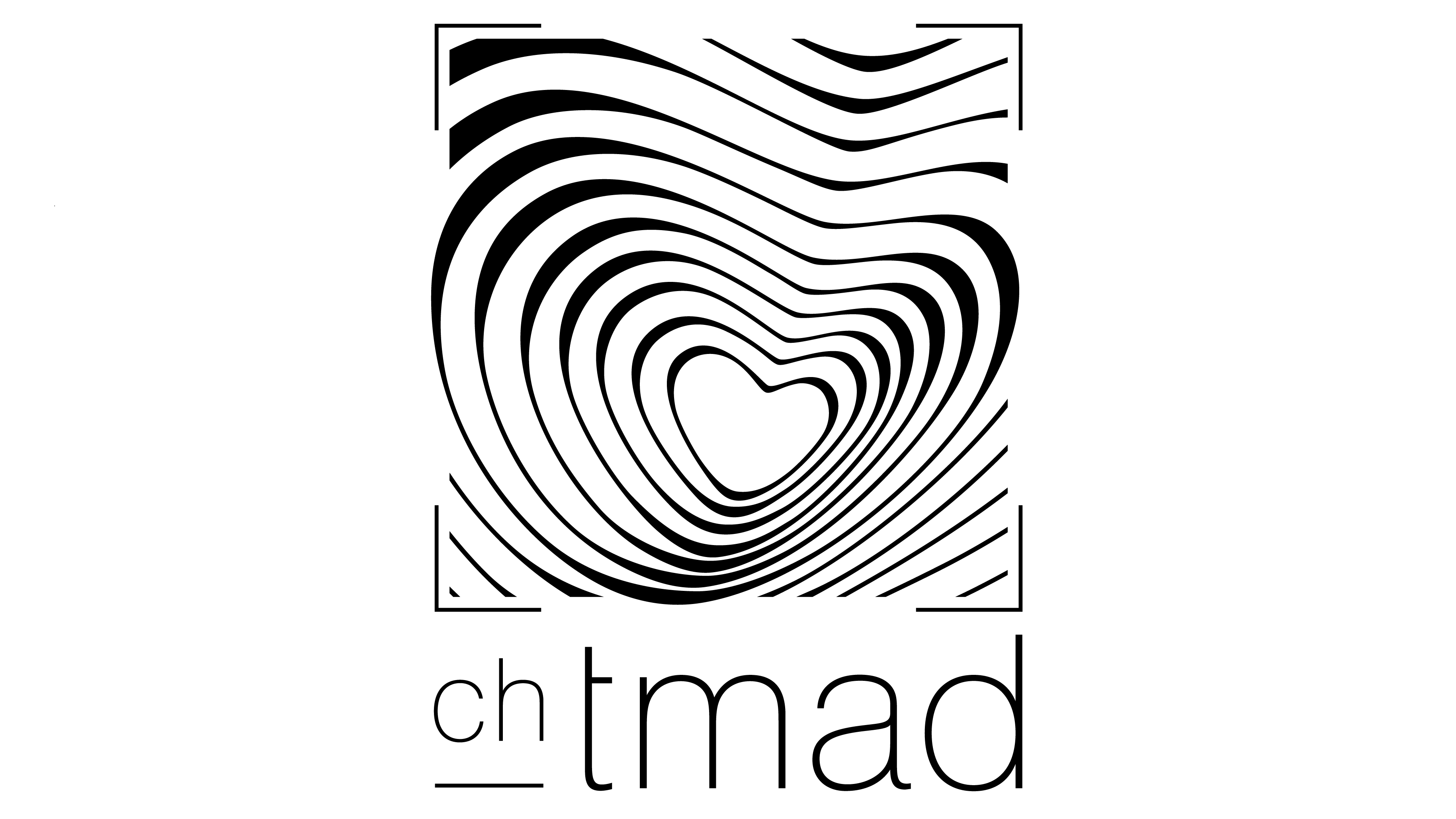Welcome to the #eHealthSuS 2021
Program
The “Medical Pathways and eHealth” Summer School 2021 focuses on current topics around hospital management, medical informatics and integrated healthcare, including bioethical and regulatory perspectives. In general, the mornings of the week contain keynote lectures and sharing of first hands experience by professionals of the different areas of (e)Health. The afternoons of the week are designed for the attending students and graduates to apply the newly gained knowledge in small and individual group projects.
30.08.2021 - Monday Sessions
08:00 - 09:20
Matthias Frohner (HealthConnect & UAS Technikum Wien)
Welcome to the eHealth SuS 2021! Join us for a virtual coffee with the speakers and use this time slot to ask questions regarding the proceedings of this week. Let us start the week right by getting to know each other!
31.08.2021 - Tuesday Sessions
09:00 - 10:30
Dario Carreira (CEISDTAD), João Pavão (UTAD) and Philipp Urbauer (UASTW)
Topic details: Cyber Resilience for Health Services and Infrastructures: Emerging Challenges, Security aspects in healthcare systems
Philipp Urbauer - IT-Security: The Human Factor
João Pavão - IoMT Cybersecurity Risks
The same way the IoT technology grows in our everyday life, so IoMT technology grows in the healthcare context. How perceptible to health professionals are the cyber-risks of using connected medical devices? Wherefrom those risks come from? How can they be mitigated? The first step is awareness. That’s the main goal of this presentation; the second step is a consequence of the first: to involve health professionals in the discussion about cyber-risks related to IoMT in a healthcare organization; the third step, also the secondary goal of this presentation is to show that only an integrated program can provide mitigation of those risks. That integrated program is called cyber-resilience (Note: cyber-resilience is not presented in this presentation).
Dario Carreira - Cyber Resilience for Health Services and Infrastructures: Emerging Challenges
The healthcare industry has the highest average cost associated with data breaches, about 6 million € and a data breach lifecycle of 329 days, 96 day more than the industry average. In fact, four-fifths of executives at healthcare providers and payers say their information technology has been compromised by cyber-attacks. To make matters worse, during the pandemic situation, many healthcare organizations have experienced revenue losses of as much as 30 to 50 percent.
01.09.2021 - Wednesday Sessions
09:00 - 10:30
David Gonçalves (BBraun), Monica Costa (CLINIFAR), Pedro Santos (UASTW)
Topic Details: From History to Present & Mobile Nursing Stations. Intensive Care Solutions to Clinical Decision Support Systems
David Gonçalves - At the ICU bedside – hardware, software and systems integration
Automated Infusion Systems (AIS) in the ICU, medical devices and software that help ICU daily tasks and integration with other clinical and hospital IT solutions.
Monica Costa - M-Connect IT–Solution at the Centro Hospitalar Trás-os-Montes e Alto Douro – Present and future
Analysis of the Monitoring model and IT solution installed in CHTMAD. Expansion possibilities and benefits for users.
Pedro Santos - Clinical Decision Support Systems
The two faces of Clinical Decision Support Systems.
02.09.2021 - Thursday Sessions
09:00 - 10:30
Gustavo Norte (CHTMAD), Eurico Gaspar (CHTMAD), Mathias Forjan (UASTW)
Topic Details: Simulations to improve team performance. Emergency situations in Paediatrics and Neonatology (from single-process training to holistic simulation).
Gustavo Norte - Simulate to improve team performance
Medical simulation has been growing worldwide and has been applied not only to improve technical and clinical performances but to enhance teams communication, decision-making and work-flow. In this presentation, we will discuss the history and purposes of medical simulation use, simulation modalities characteristics, non-technical skills in simulation and future perspectives of medical simulation.
Eurico Gaspar - Emergency Situations in Paediatrics and Neonatology. From single training process to holistic simulation
The daily clinical practice, necessary for health care in institutions, has to respond to the patient's needs, in a fast, uniform, up-to-date way, that leads to the best final result for patient's treatment with the least possible risk. This practice must also be, standardized and understood by all stakeholders, in a clear way, allowing for teamwork with knowledge of the various individual skills. Two emergencies in Paediatrics and Neonatology are presented, rare, but needing quick response. The approach of new-born’s in their birth process and hospital treatment of seizures require teamwork, in a coordinated and rapid manner, to avoid serious complications for the patient or even death. Conventional training in conventional theoretical sessions, practical work or demonstration of procedures, is not enough to obtain better knowledge and perception of the functioning in a real environment. The simulation aims to respond to the best approximation of the real environment. A better knowledge of leadership attitudes and teamwork can be achieved, with the perception of operating times and identification of the best response to deviations to the procedure rules. The entire process takes place without risk to the patient. It requires the definition of standards for scientific performance, with standardization of procedures and their use, as well as a great technological support to bring the entire environment closer to the patient's reality.
Mathias Forjan - The ICU at the University of Applied Sciences Technikum Wien
03.09.2021 - Friday Sessions
09:00 - 10:30
Telmo Fonseca (B-Simple), Sergio Prata (B-Simple), Mathias Forjan (UASTW)
Topic Details: Medical Room Planning - Requirements, concepts and new tools. Hospital data analysis, data visualisation and accessibility.
Telmo Fonseca & Sergio Prata - Bsimple PatientCare ICU – supporting ICU medical decisions and care plan?
The PatientCare software is a platform integrating several data input sources which provides a global clinical record during the ICU stay. While supporting the physician with different data from other systems, calculated scores and nursing assessment, the Nursing team will also benefit with a detailed care plan while making sure nothing is missed out during difficult shifts and respecting every ICU assessment and decision. Besides the basic demographic information, diagnostics and drugs in the ward inserted in the Hospital information system, the platform receives real-time monitoring and ventilation readings, lab results, blood gas results, renal replacement therapies, infusion pumps and ECMO readings. All the information gathered continuously fills the different forms for each record, while collecting data to trigger alarms and focus on each patient, like low readings for a specific sample or positive results from a specific pathogens. The user receives alerts regarding the patient while documenting their daily care, without the need of accessing different software. Highly personalized, PatientCare is the evolution of our ICU platform used in most ICU’s from Portugal and several others in Spain. With this software we aim to continue the path to the best informed care while adopting the latest technologies from software development and medical device integration.
Mathias Forjan - Simulation used in Medical Room Planning
eHealth Summer School 2021 Speakers





















